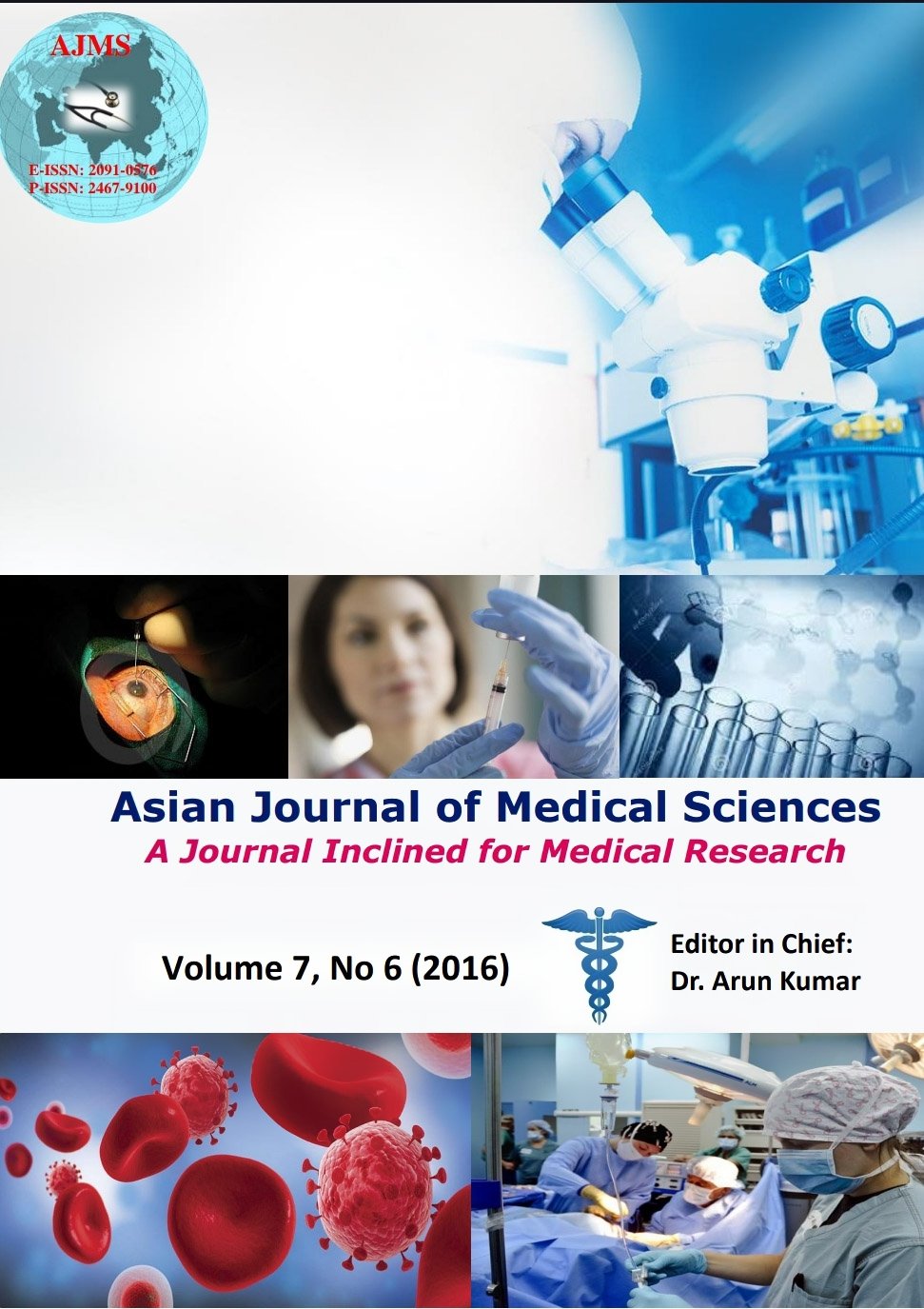Prevalence, perceptions and practices associated with non-adherence to diabetes medications in primary care setting: A cross sectional study in urban Bangalore
Keywords:
Non adherence, Diabetes mellitus, Perception, ForgetfulnessAbstract
Background: Adherence to diet and drugs, blood glucose monitoring, foot care, exercise and early recognition of the complications, are the crucial elements for tertiary prevention of Diabetes Mellitus. Non compliance can lead to poor glycemic control which can eventually aggravate complications and lead to disability and mortality. This study aimed at estimating prevalence of non-adherence and identify perceptions and practices associated with non-adherence.
Materials and Methods: A cross sectional study was conducted in a primary care clinic in a disadvantaged community Hundred patients with Diabetes were recruited and interviewed using a semi-structured questionnaire.
Results: Non adherence rate was 30%. Those who are unable to remember multiple doses (37.5%) were 2.77 (95% CI: 0.94-8.15) times more likely to non-adhere to the treatment than those who are able to remember multiple doses (16.7%).Similarly Patients who often discontinued medications and switched over to alternative system medicines tended to be non- adherent 8.5 (95% CI:1.6- 45.0) times more than those who continued treatment without interruption. Non adherence was not associated with age, gender, education level, and cost of medication and duration of diabetes. People who were illiterate and elderly did not know the consequences of missing doses and stopped medications when they felt better as well as resorted to traditional medicines
Conclusions: Counselling sessions should focus on perceptions and ideas about diabetes. Innovative health education modalities have to be developed for illiterate and elderly people.
Asian Journal of Medical Sciences Vol.7(5) 2016 106-109
Downloads
Downloads
Published
How to Cite
Issue
Section
License
Authors who publish with this journal agree to the following terms:
- The journal holds copyright and publishes the work under a Creative Commons CC-BY-NC license that permits use, distribution and reprduction in any medium, provided the original work is properly cited and is not used for commercial purposes. The journal should be recognised as the original publisher of this work.
- Authors are able to enter into separate, additional contractual arrangements for the non-exclusive distribution of the journal's published version of the work (e.g., post it to an institutional repository or publish it in a book), with an acknowledgement of its initial publication in this journal.
- Authors are permitted and encouraged to post their work online (e.g., in institutional repositories or on their website) prior to and during the submission process, as it can lead to productive exchanges, as well as earlier and greater citation of published work (See The Effect of Open Access).




